Has cruelty against animals increased? We can’t say for sure. What’s changed is that now, it’s being captured on camera, and unceasingly shared on social media.
The latter is definitely not a flipside of technology. It results in documentation of incidents, provides proof to present during the trials of the perpetrators, and gives us an inarguable justification for our rage.
And enraged we are. Why shouldn’t we be? A pregnant elephant was the victim of despicable cruelty, something we hardly wish to revisit. But revisit we must.
Death of an Elephant – what we know so far
She must’ve found her way into the village in search of food. Out of her home in the Silent Valley National Park, she trod, unwavering trust in her eyes and a little life blossoming in her womb. She must’ve been thrilled upon finding a ‘treat’.
That treat would be the death of two.
The explosive-laden pineapple was a type of panni padakam (literal translation – cracker for pig) commonly used as a deterrent against wild boars. The explosion not only caused unbearable pain and an agonizing death but probably also resulted in psychological trauma brought upon by shock and confusion – there’s evidence to support that animals feel emotions as complex as humans. Food is the most rudimentary form of comfort, Sheila Graham had said. And with this base level of comfort, she was killed.
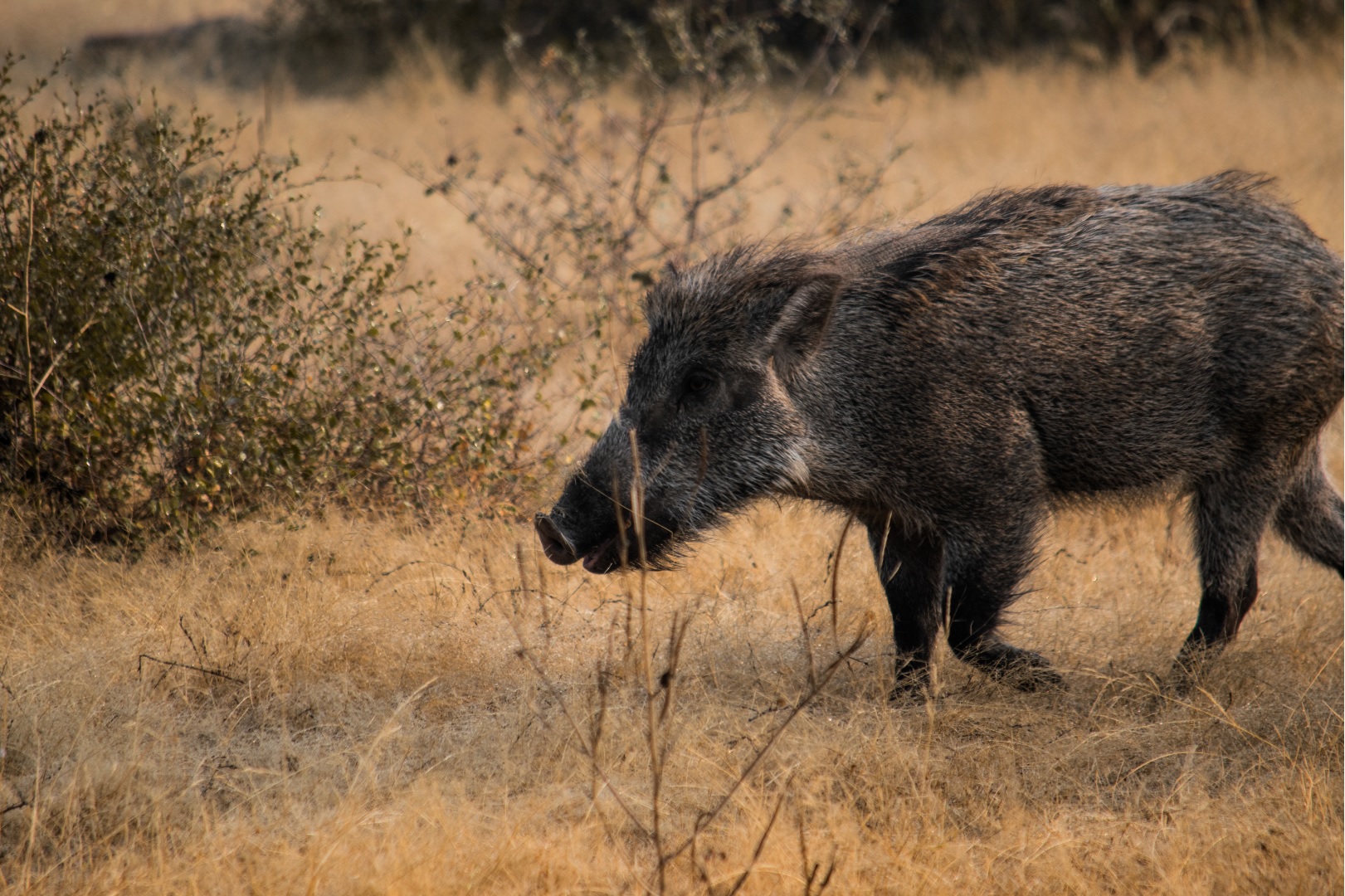
While the explosive was intended to function as a wild boar trap/fending device, the maiming and killing of an animal it was purposed for found an unintentional mark.
Who is accountable?
The ones who irresponsibly lay bare an explosive, of course!
Irrespective of the intended victim of the explosive, it was meant to inflict pain. This cruelty against animals must not go uncared for. Delays in animal-related cases are often denials.
That said, aren’t we all complicit in the death of an elephant?
The encroachment of wildlife habitats to make way for agricultural land and mining practices because we have no systemic sense of population control (don’t come at me with ‘everyone deserves to have children’; it does nothing more than dilute the narrative) and the resulting consumption leaves no room for voiceless wildlife, who know no other alternative than to enter human settlements. Think of the leopards sighted in Pune labelled as a man-animal conflict in an effort to wash our hands off the responsibility.
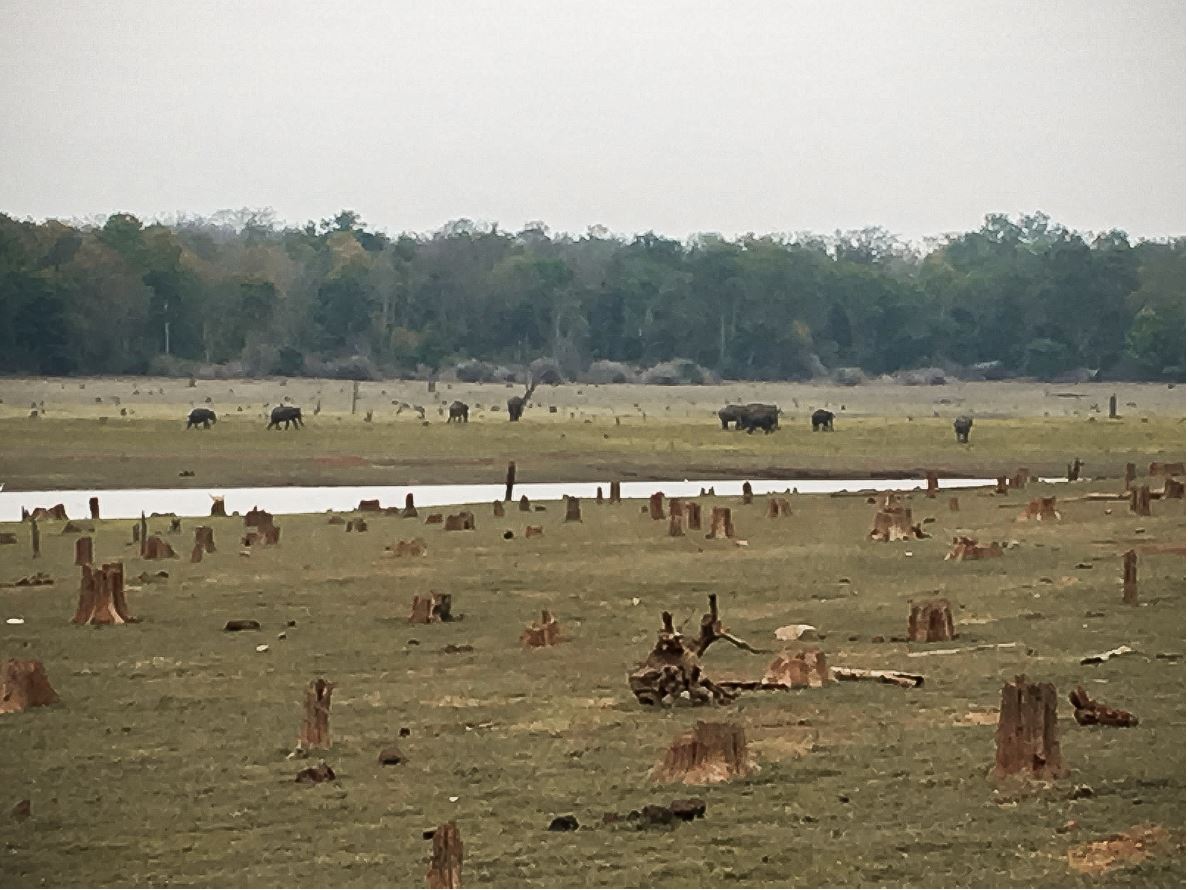
Our uninhibited usage of natural resources and fossil fuels destroys the homes of thousands of animals and birds, who, just like the elephant – a symbol of loyalty, companionship and unity – invariably stroll into villages and farms in search of food and shelter. And out of fear for our own well-being, some are killed.
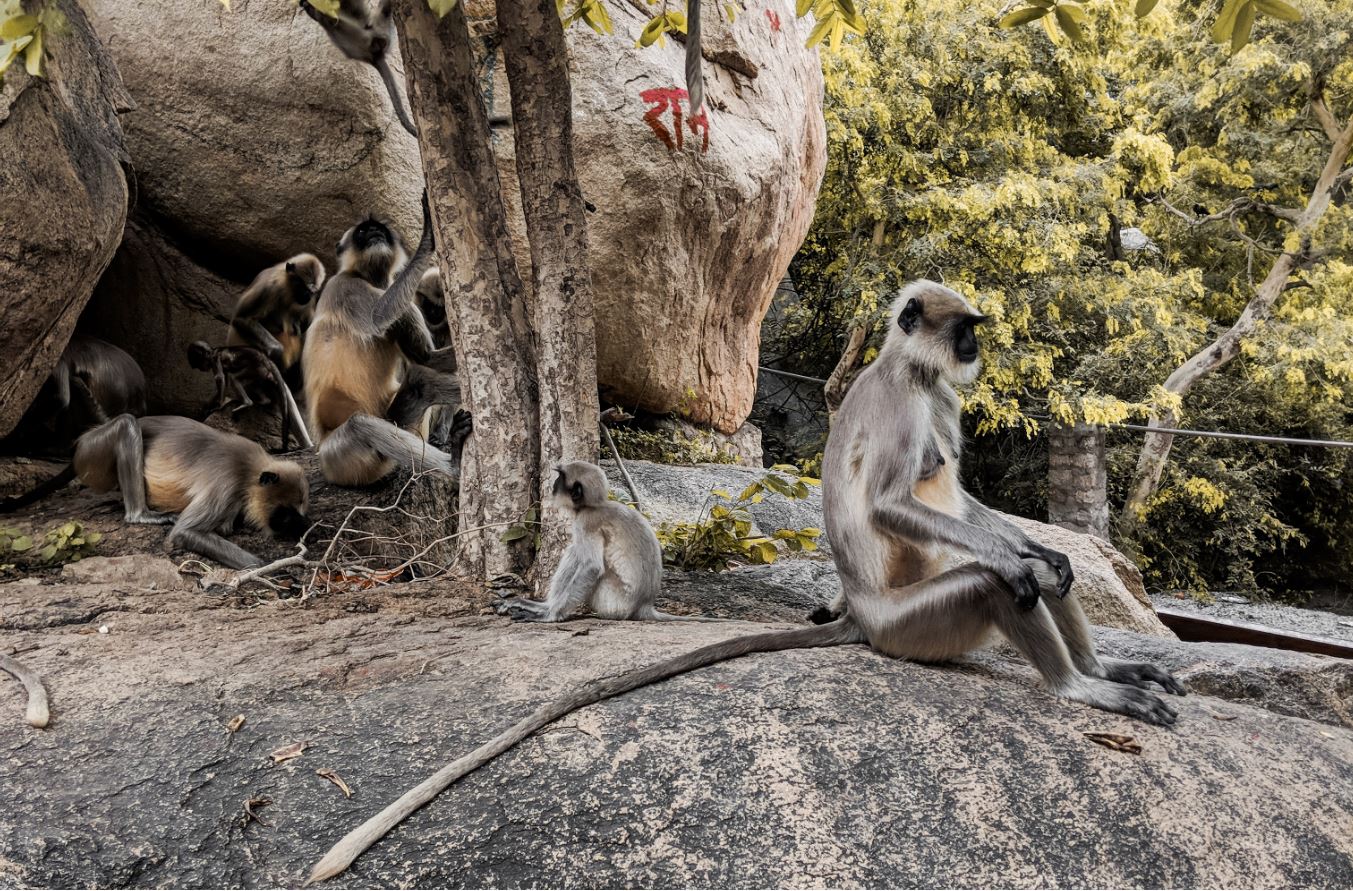
It’s a common and longstanding practise among farmers living on the fringes of forests to embed pineapples with explosives to scare away wild boars that destroy their farms…the Government of Kerala passed an order in March this year allowing forest officials to gun down wild boars that were damaging the crops, after declaring the animals ‘vermin’…Section 62 of the Wildlife Protection Act 1972 empowers states to send a list of wild animals to the Centre requesting it to declare them ‘vermin’ for selective slaughter.
The Wire
Our so-called worship and installation of temple elephants – an archaic practice that is as rooted in our country’s ways of prayer as is the caste system that we ignore because it inconveniences us – is responsible for the abuse, maiming and death of hundreds of these gentle giants.
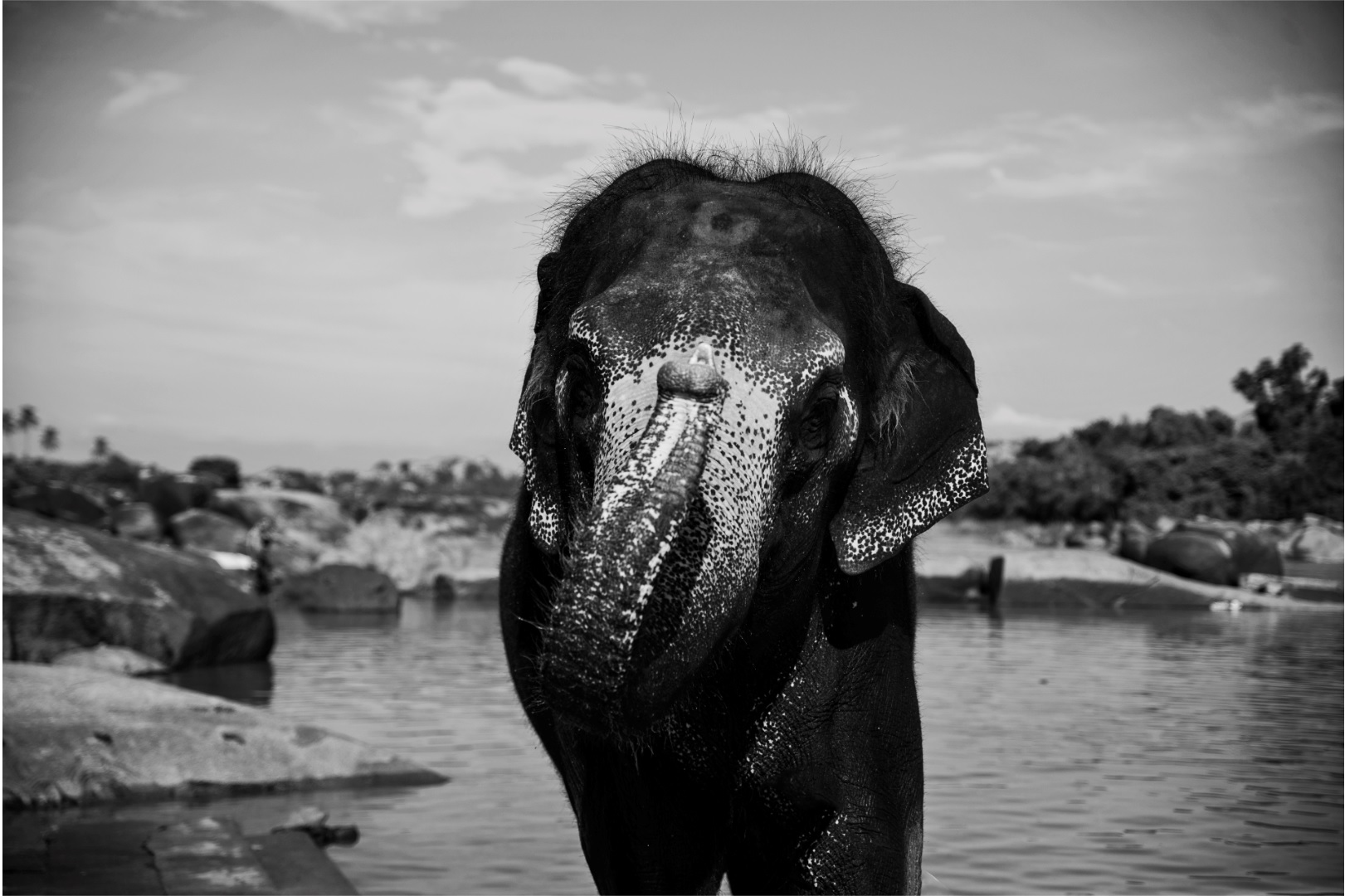
We participate in unethical animal tourism – posing for Instagrammable pictures while bottle-feeding a lolling tiger cub, taking elephant rides to be on top of the world, gleefully watching dolphins, perhaps the most intelligent mammal after humans, perform tricks – without realizing (or ignoring) that these “entertaining” experiences fuel the illegal capture and trade of wildlife. The tigers are drugged into docility, the elephants are chained and beaten regularly, and the dolphins, who ought to be swimming in the vast expanse of the ocean, are confined to mere cubic feet of water in a glorified aquarium.
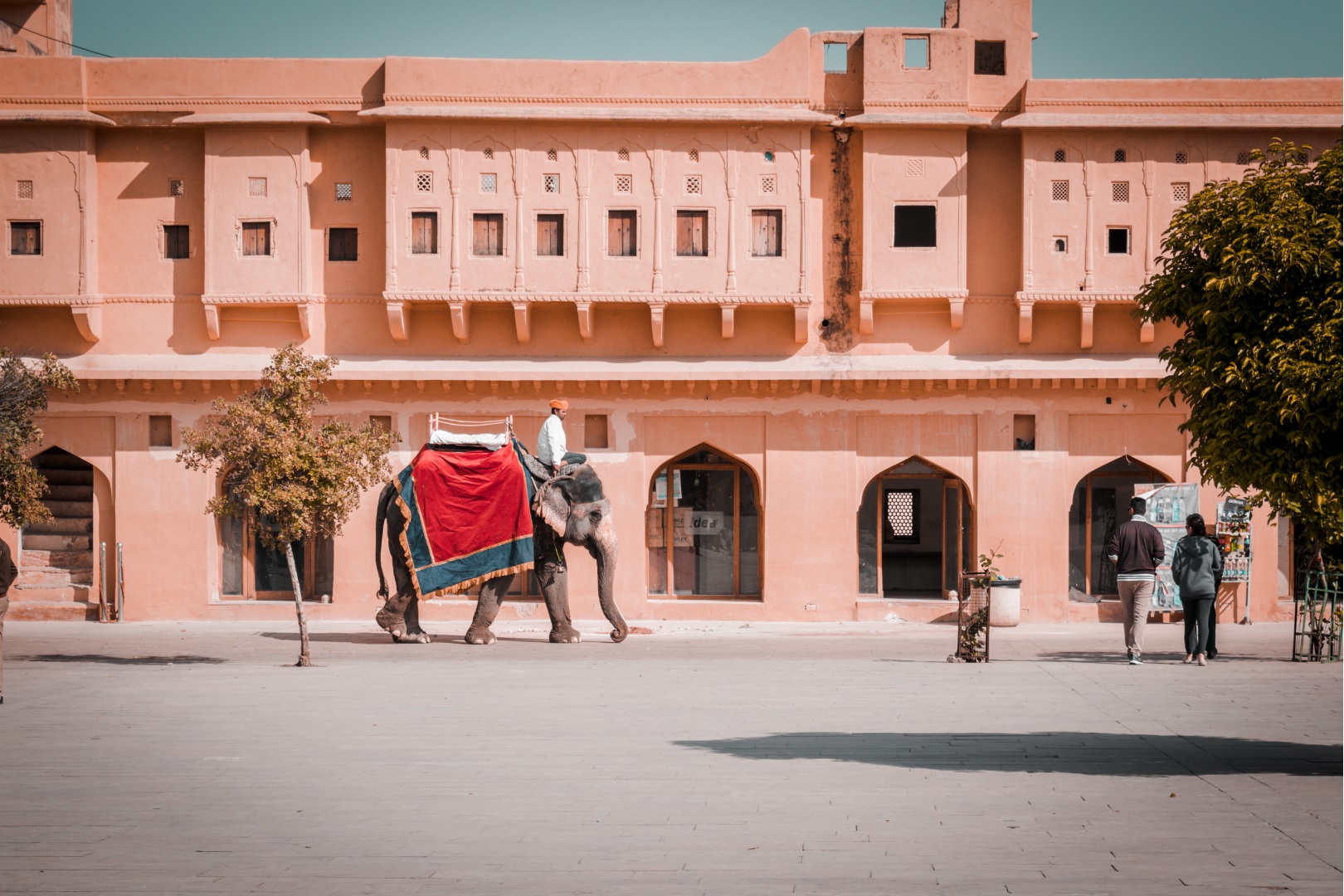
We vote irresponsibly (if we do vote) and often without logic, bringing to power leaders who have complete disregard for the environment and animal welfare, who prioritize unethical development practices to fill personal coffers, feed egos and motives of unchecked capitalism, communal discord, religious intolerance, and suppression of local, minority and indigenous rights, at the cost of precious biodiversity.
So, did the elephant walk into human settlements, or was she pushed out of her home and into a death trap?
Who is truly responsible?
We ride an emotional roller-coaster
We’re hurt and angry at the death of an innocent elephant as a result of our carelessness, furious to a point that blaming an entire community and the collective species of seven billion seems to be the only way to channel unpleasant emotions.
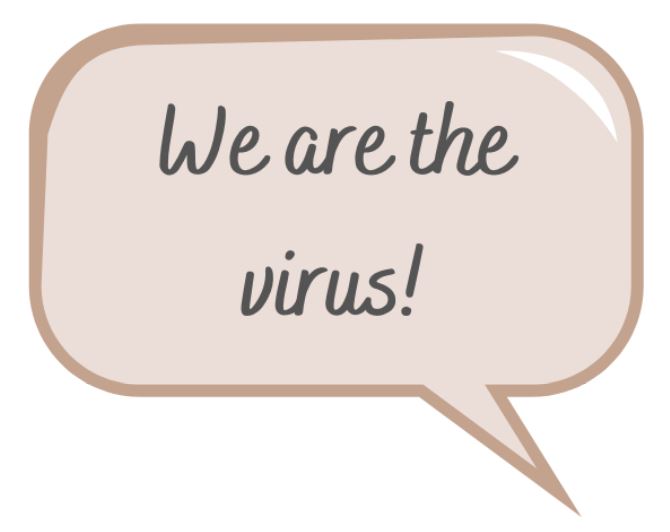
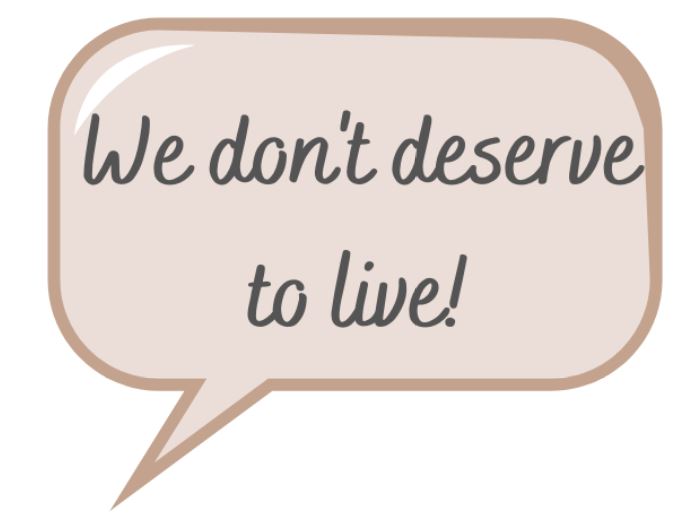
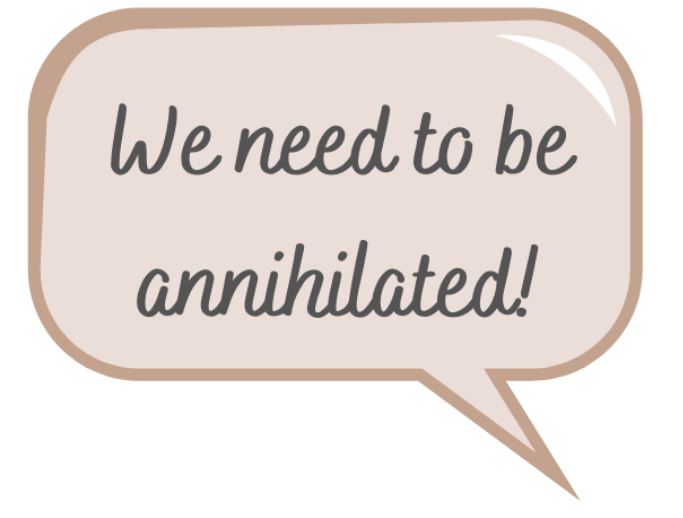
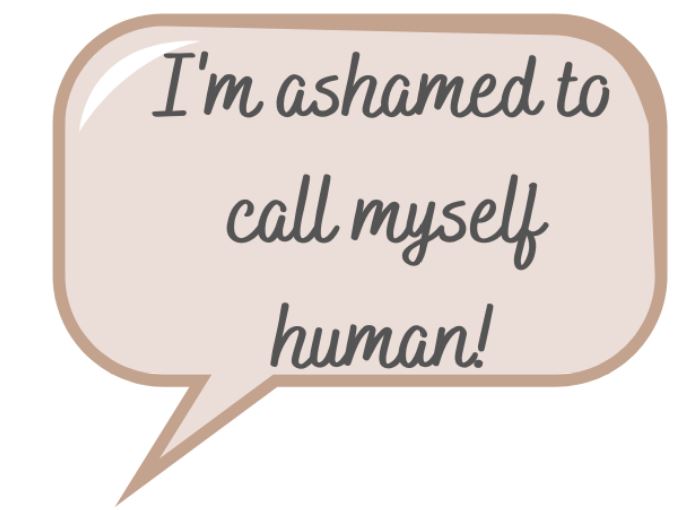
We are also a species working hand-in-hand to stave off a virus. Clearly, we don’t want to perish; we just need an outlet for our grief. Projecting blame on communities for the acts of a few isn’t novel behaviour – we’ve seen how Islamophobia has bubbled in many parts of the country (and the world). A classic expression of our emotions is also saying that we do not know how to coexist.
And right there is a heap of steaming B.S.
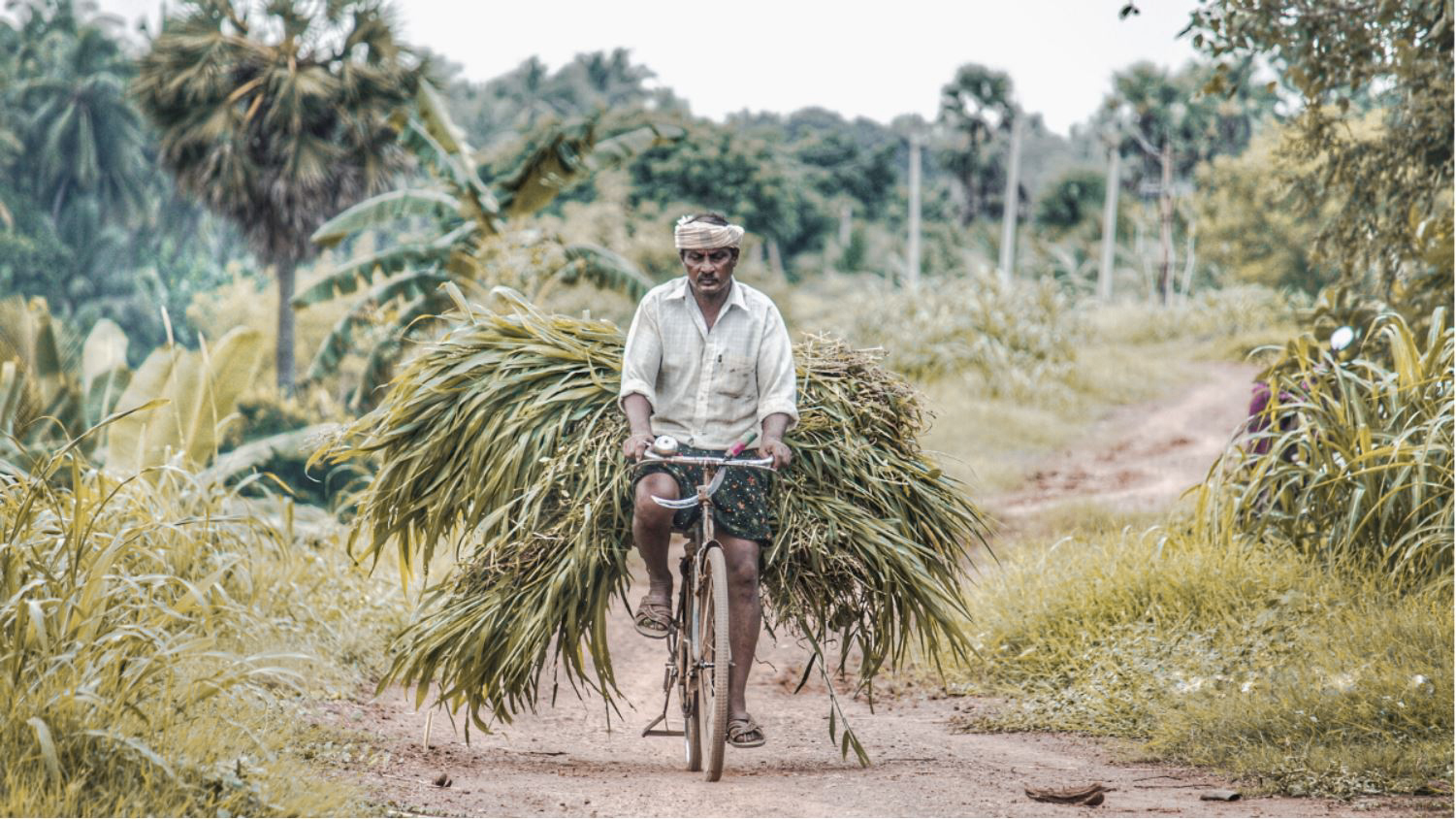
Humans and nature can coexist in harmony, and even flourish. Our indigenous brethren, tribes, local farming communities and protection groups have lived in tandem with nature for centuries because they not only recognize the depth of the man-nature relationship but also know that the earth is superior to us in every way.
We demand the strictest of punishments, for it is the rod that deters others from partaking in similar acts of cruelty. But beyond meting out justice which provides more comfort to us than it does to the animals, what good does it do to the dead elephant?
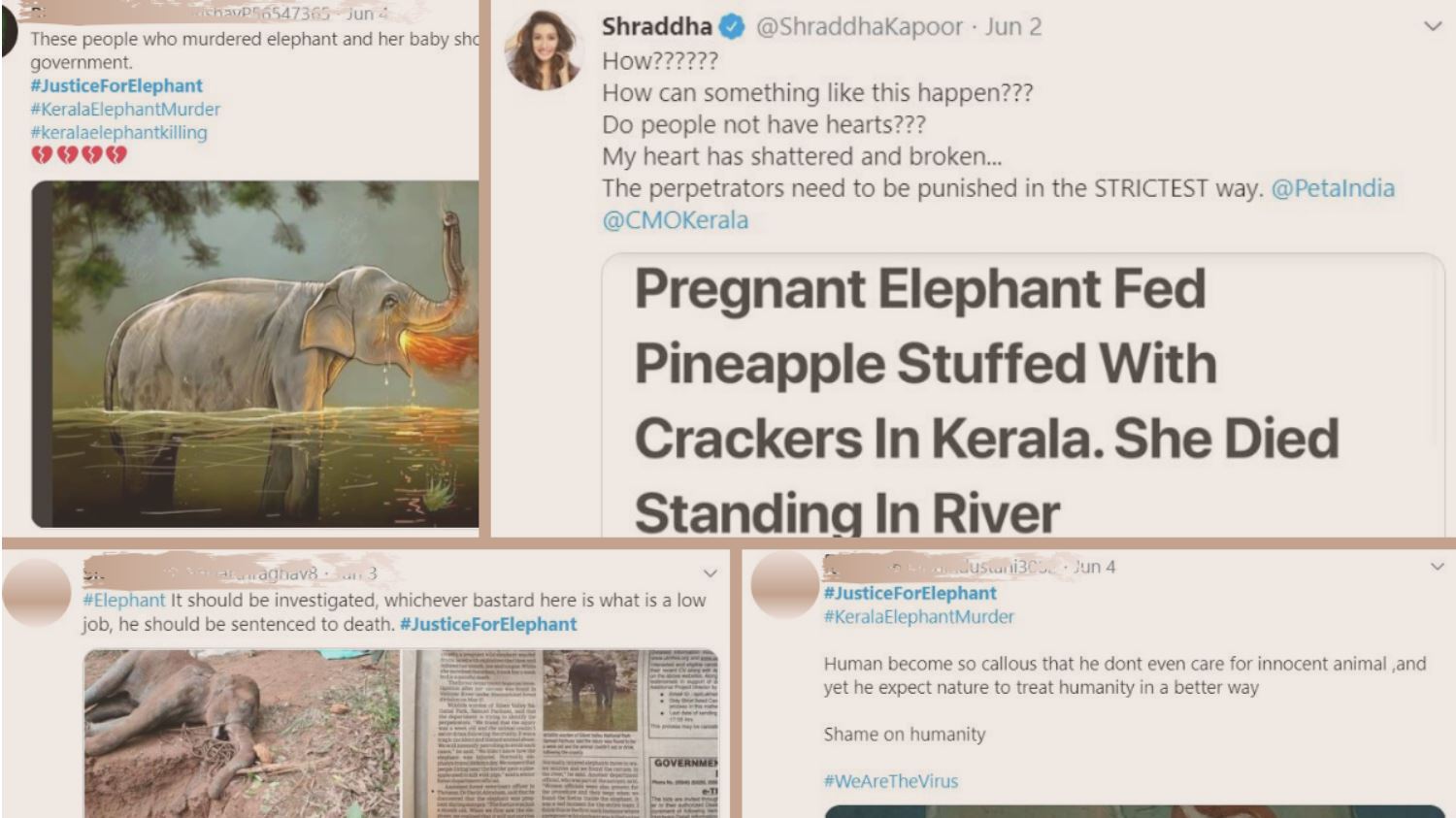
True justice goes beyond rage-driven retribution. It comes from taking decisive action to drive meaningful systemic and grassroots changes so that such acts will not be captured on camera simply because they will not take place.
It’s easy to get enraged and scream; when the wave of anger recedes, the silence that follows is what’s truly dangerous. Silence is an indicator of our complicity.
The greatest ethical test that we’re ever going to face is the treatment of those who are at our mercy.
Lyn White
She deserves more than a painful death and the inaction that follows our temporary anger.
So, when we’re done raging, what’s next?
The way forward, as travellers and as part of the seven billion-strong virus-fighting contingent, is to bring about meaningful change in the system, and drive it to the ends of our borders and beyond. Post the anger stage, here’s how we can pave the way forward.
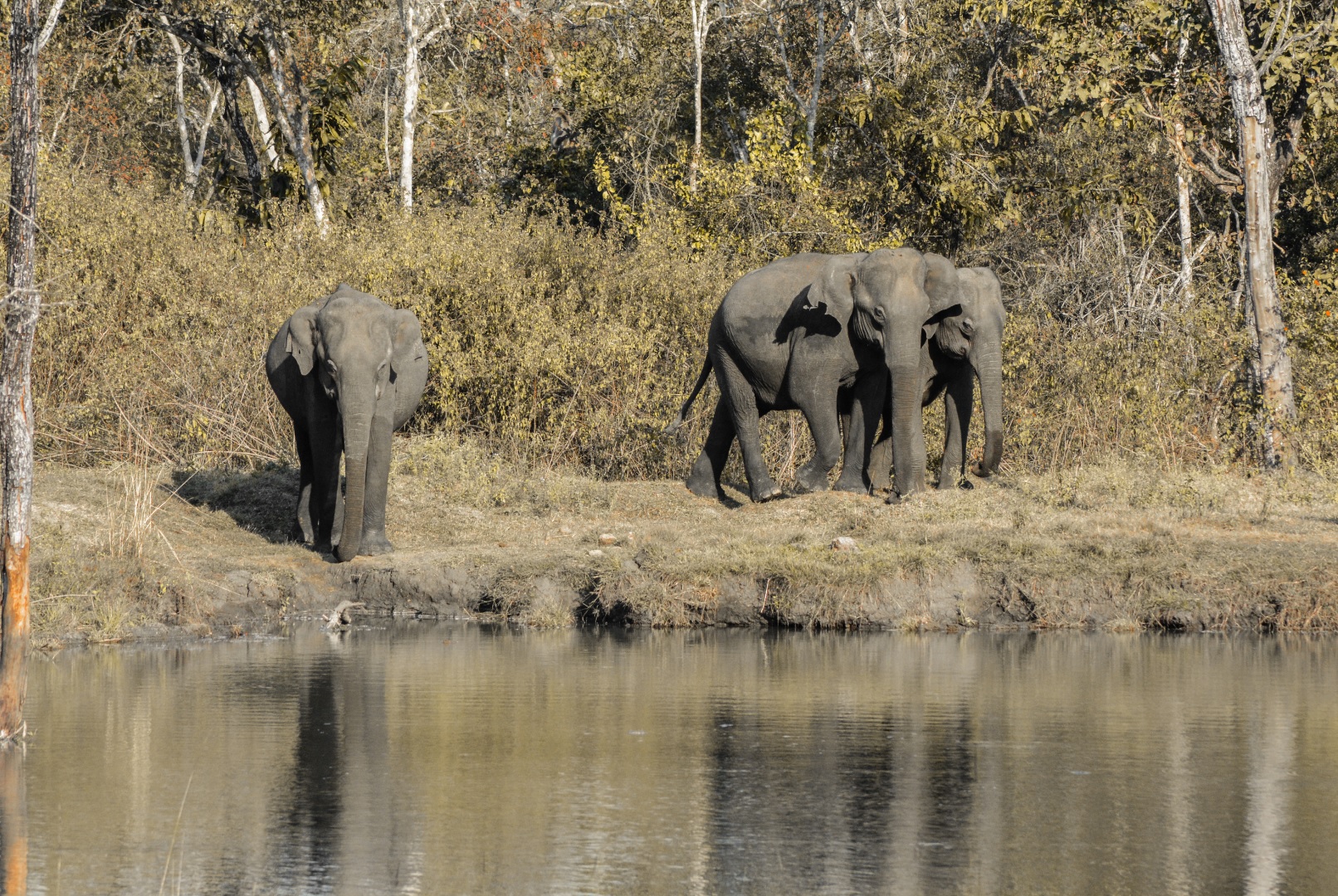
Take direct action wherever you are by
Supporting petitions
Multiple petitions are up and running to bring swift justice, while also bringing reforms to the implementation of India’s animal protection and justice system that often let criminals go scot-free, or with payment of a paltry penalty.
There are more such petitions on Change.org and other platforms. Sign and share them with your friends and family.
Reaching out to the authorities
We can email forest ministries, asking them to take stringent action and re-look at their states’ stance on wildlife protection and dispensation of justice for animal-related cruelty by revising their laws.
Here’s an email drafted by Environment and Animal lawyer Ambika Hiranandani. The email is to be sent to [email protected], [email protected], and [email protected].
To,
Shri K Raju,
Minister for Forests, Animal Husbandry and Zoos
Abbreviation: M(F,AH&Z),
Room 501,
5th Floor,
Secretariat (Annex I),
Thiruvananthapuram,
Kerala
Dear Sir,
Subject: To draw your attention to the cruelty meted out to elephants in Kerala.
More than 600 elephants are kept for religious tourism in Kerala in extremely cruel conditions and in complete violation of The Wildlife Protection Act, 1972, The Prevention of Cruelty to Animals Act, 1960 and Guidelines for the Care and Management of Captive Elephants 2008. Elephants are endangered and are on Schedule 1 of The Wildlife Protection Act, 1972 and on the Red List of Threatened Species of the International Union for the Conservation of Nature.
Temple elephants are completely deprived of their natural behavior and diet. Majority do not have ownership certificates clearly showing that they have been poached from the wild. They are beaten into submission by mahouts. This is a great tragedy that the people of India do not stand for.
I do not stand for this cruelty and demand that the state –
1) Take strict action against the perpetrators who killed the pregnant elephant on the 2nd of June 2020.
2) Initiate legal proceedings against institutions who own elephants without valid ownership certificates.
3) Build elephant sanctuaries and transfer the elephants from temple backyards to sanctuaries which will attract far more tourists.
Thanking you,
Your name
Providing legitimate evidence
Only through concrete evidence can criminals be subject to trial and ultimately, justice. Humane Society International’s India chapter has announced a reward for information on the identity of the perpetrators, taking space to address that they understand the impact of human-wildlife conflict on communities while strongly condemning any retaliatory maiming or killing of wild animals.
If you possess any legitimate evidence on this case, please contact +917674922044 or write to [email protected].
Take related action irrespective of your location
Habitat destruction for human needs displaces wild animals from their natural homes and severely depletes their sources of sustenance, causing their entry into human settlements. These acts also impact the lives of indigenous people who call these forests their home and livelihood. Recently, a coal mining project in the Saleki area of the Dehing Patkai Elephant Reserve in Assam received approval from the National Board of Wildlife.
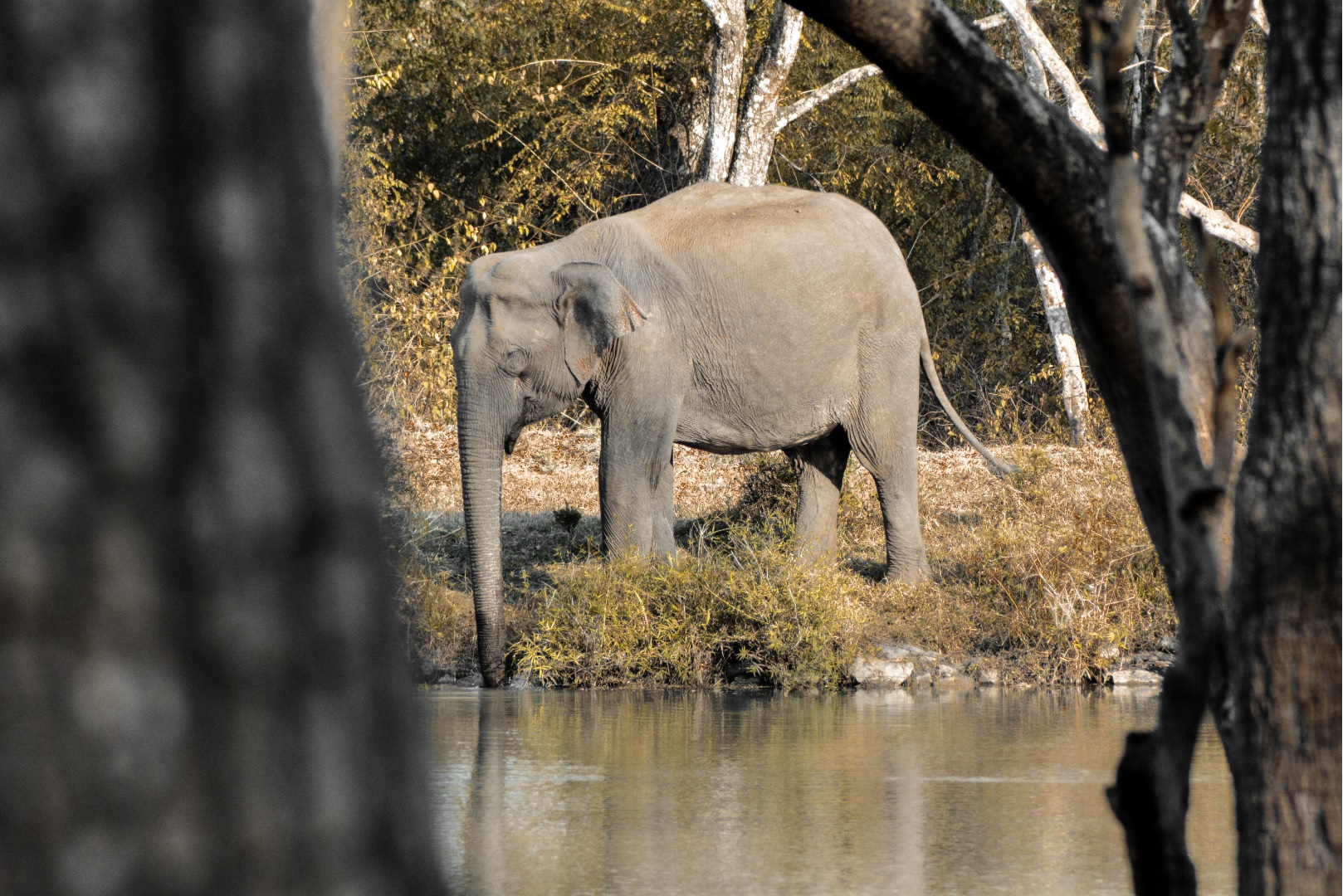
Public outcry at the Centre’s decision was channelled towards online petitions and spread of word through media outlets and social media; the project eventually drew national and global condemnation. In May, two activists filed a PIL at the Guwahati High Court against the Centre’s decision, on grounds that it violates the right to life guaranteed under Article 21 of the Constitution.
The petition highlights that the Dehing Patkai rainforest has a significant cultural and ecological importance in the lives of the people of Assam, and it is home to several rare and endangered species of plants, animals, birds, insects and other biodiversity. A large number of Asiatic elephants also live there, which houses a number of corridors for the mammals in and around the Saleki proposed reserve forest, the area where illegal mining by Coal India was going on for 16 years since 2003.
Steel Guru
While we hope that the Centre reverses its decision, there are other petitions (a few among many) that need our support.

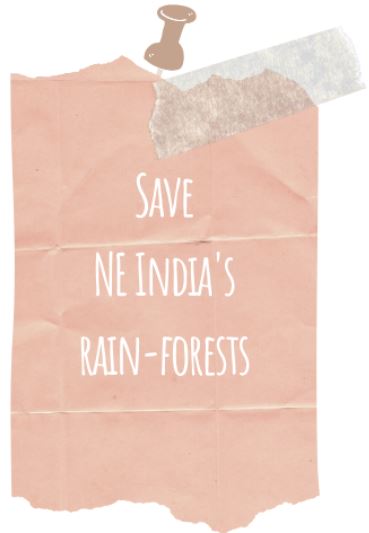
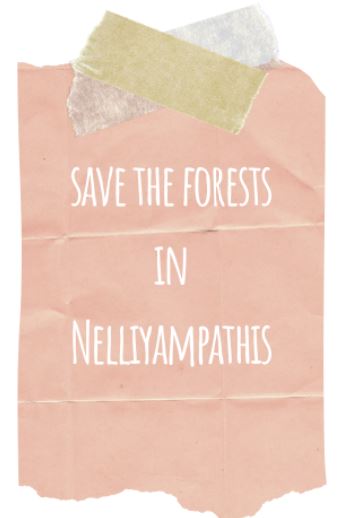
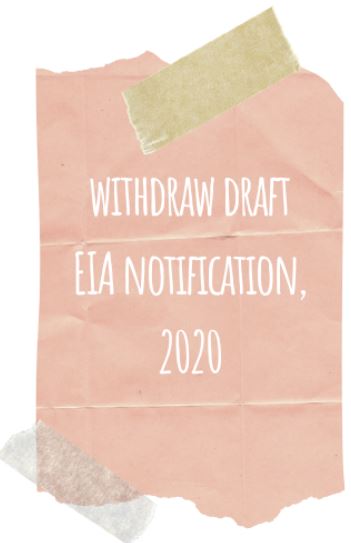


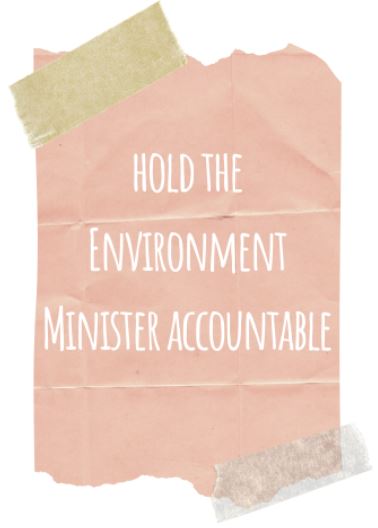
Arm yourself with knowledge on-the-go by
Accessing India’s legal repository
Knowledge is power, and by arming ourselves with the right tools, we will be able to not only educate ourselves and others but also truly appreciate the need for change in our animal protection laws and their implementation; appreciation drives passionate and positive action to protect the innocent.
While the verbatim animal laws are stuffed with legal jargon, here are some easy-to-digest compilations of animal welfare and protection laws of the land.

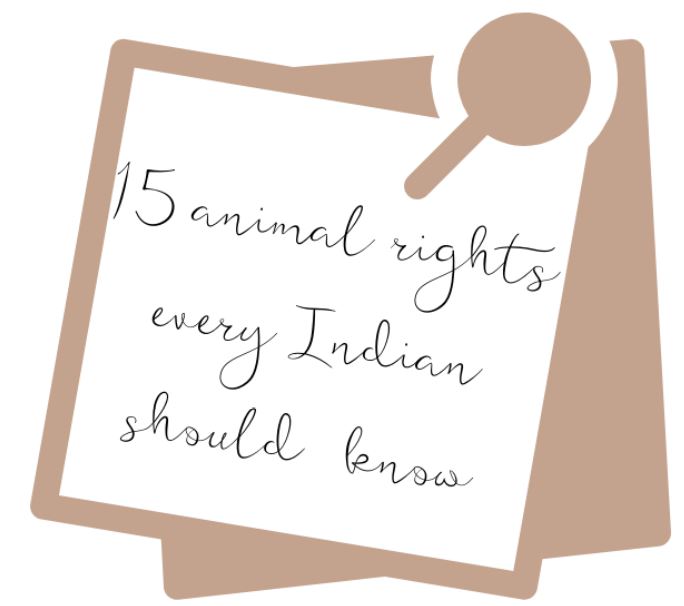
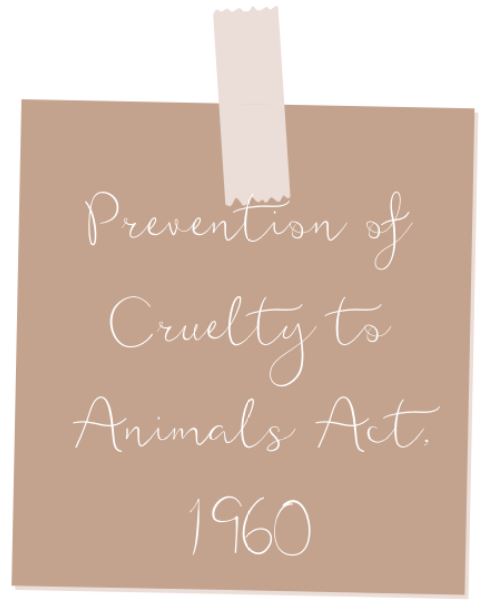
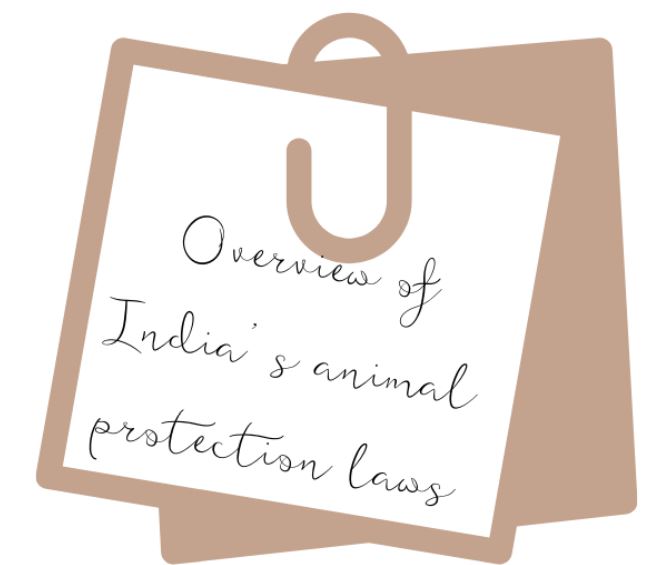
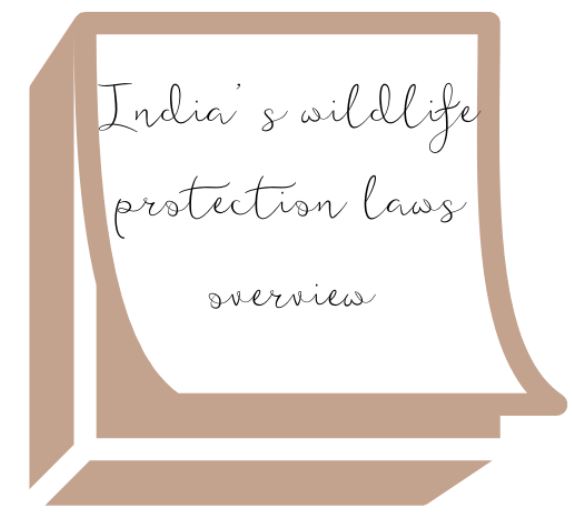
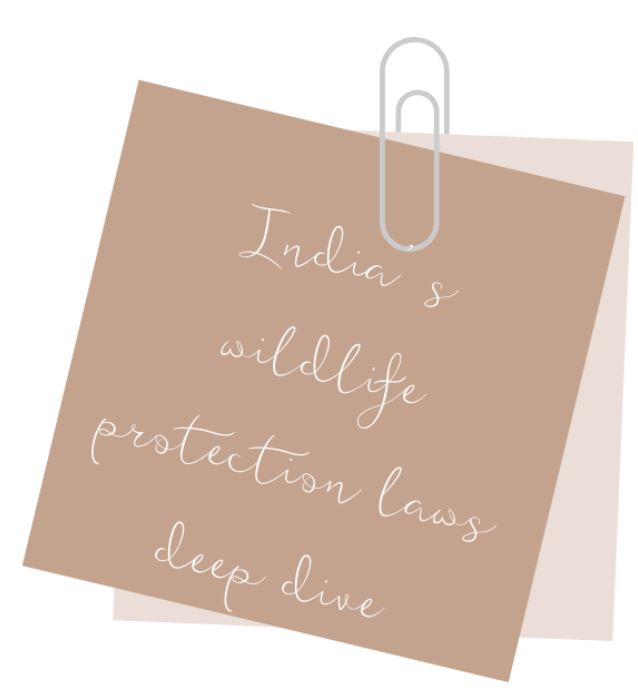
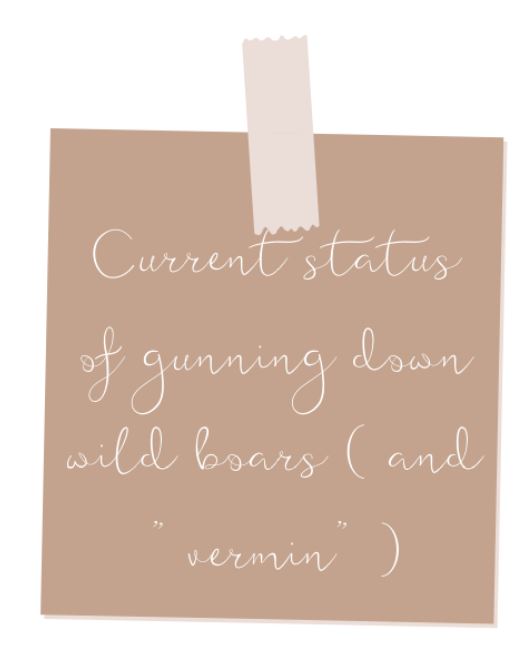
Learning about communities who live on the fringes of natural habitats
We’re privileged to be able to access content from within the comforts of our cushy homes, indifferent to those who are on the front lines of animal-human conflict, making it easy to hurl accusations without understanding what’s really happening. We need to take the time and effort to communicate with our fellow humans, specifically our farming communities, whose lives and livelihoods are hinged on harmony between wildlife and humans, to make better sense of this senseless tragedy.
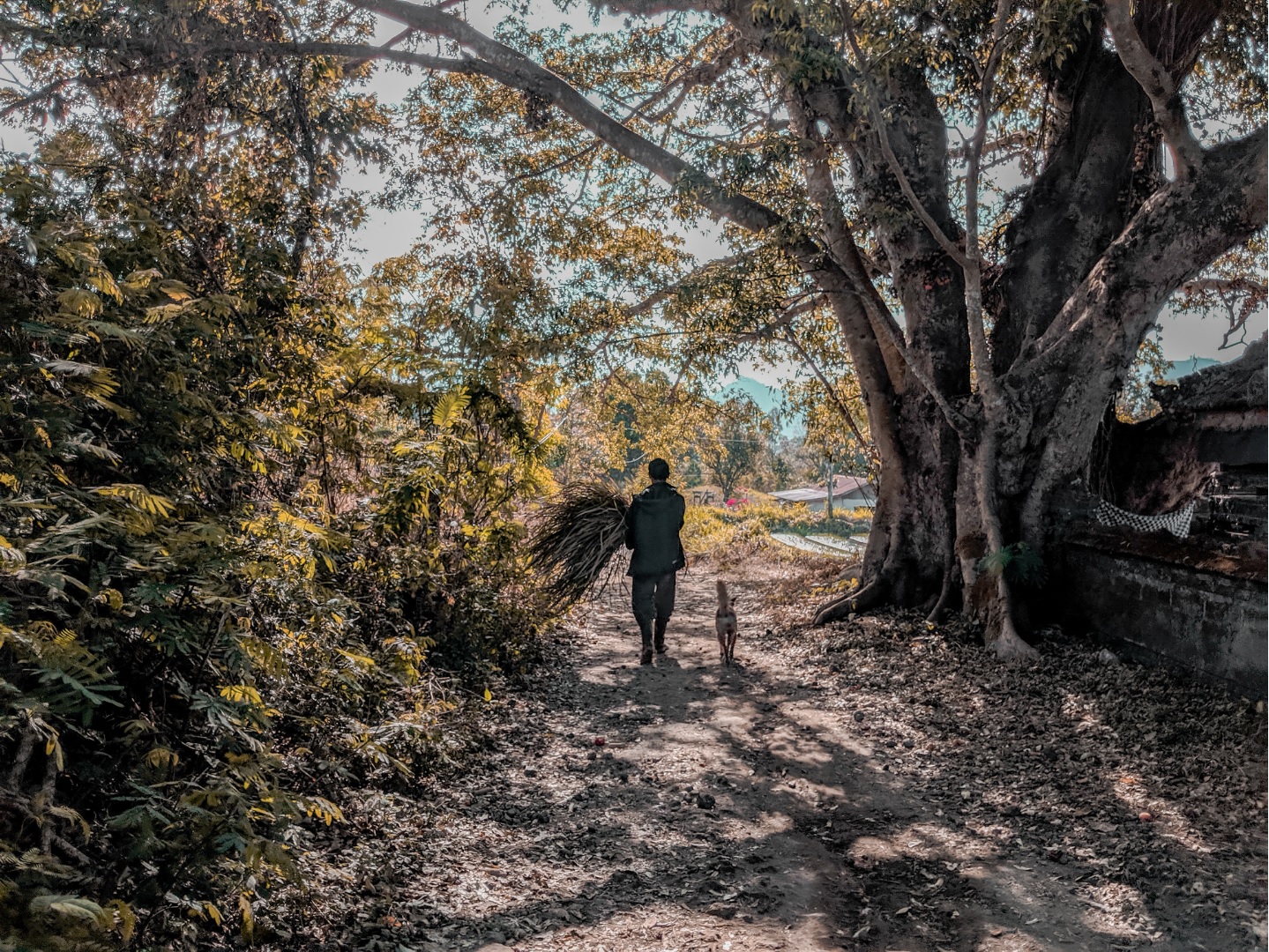
For us whose families hail from agricultural and forest communities, we can hold face-to-face dialogues with people who continue to live in these communities, to better understand how they deal with wildlife. We’ll be surprised to find how most of the measures they take are in the best interests of both the animals and the communities.
We can also leverage our privilege as travellers by communicating with local communities at various destinations to appreciate how they balance animal-human interactions.
Watch: Landing Together collection of documentaries focus on Adivasis, Scheduled Tribes, and nomadic herders/pastoralists who protect their land, forests, water and biodiversity.
Unearthing facts and maintaining composure
Social media has exploded with our grief over this tragedy. It’s our instinct to get on board the rage train and make comments and remarks on painful and sensitive situations, before assessing the ground reality. But this is dangerous; becoming slaves to this instinct leads us to malign, misreport, and misjudge communities using half-baked theories and inaccurate information, resulting in threats to communities that live in the vicinity of wildlife, who get caught in the animal-human crossfire.
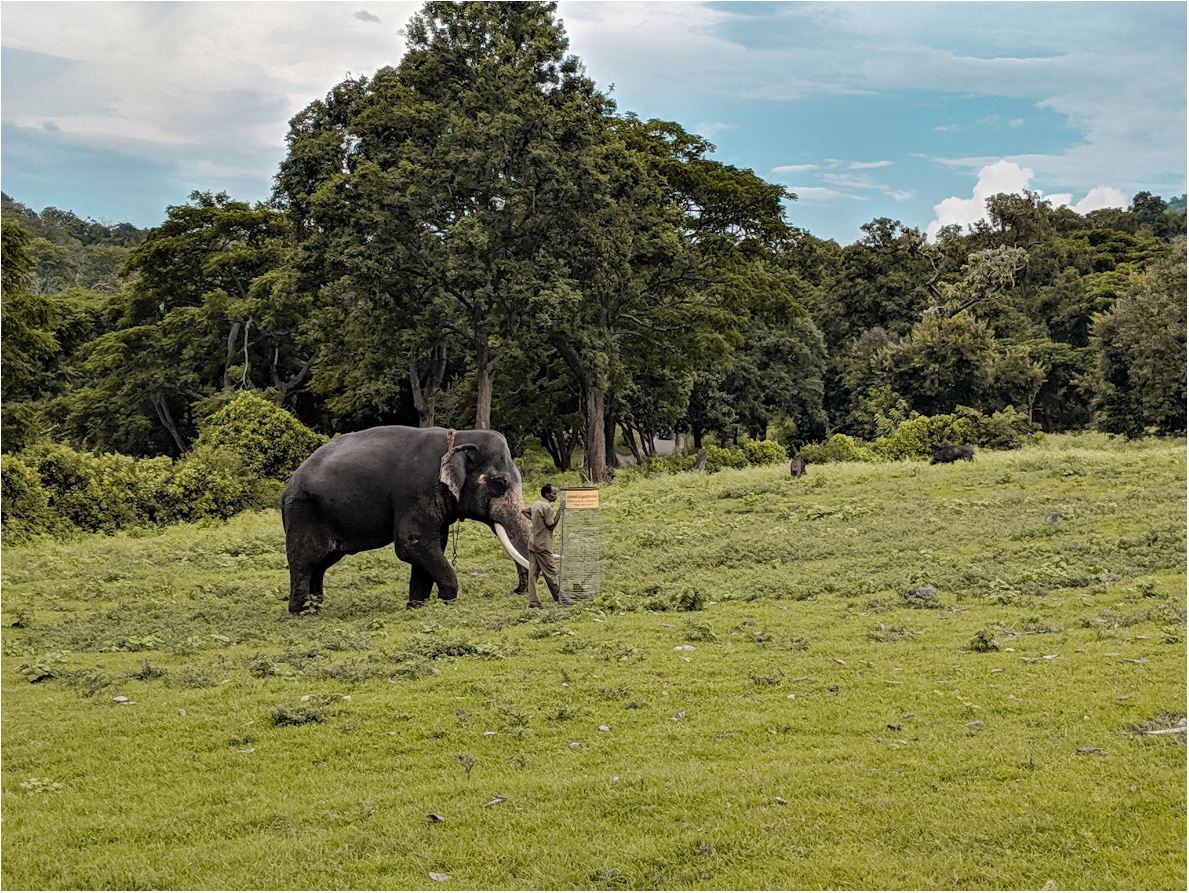
Be patient before taking people to the guillotine. Truth is only revealed in time and impatience in passing judgement results in irreversible damage that negatively impacts not only the wildlife we seek to protect but also the communities who are walking a tightrope to ensure the survival of both themselves and the animals.
Read: Politics of the Wild from Mongabay, Understanding Goa’s tiger deaths from Scroll.in
It’s alright to change our opinions after learning something new. Be kind to yourself for not knowing everything right off the bat, and extend that kindness to others.
Engage in positive animal-related experiences beyond travel
Charity begins at home. So does compassion, awareness, and positive action.


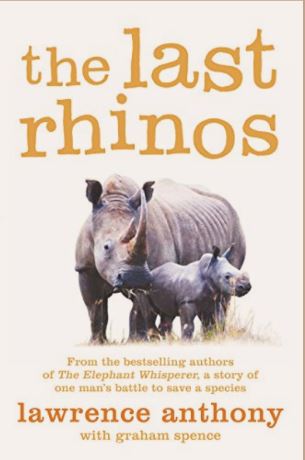

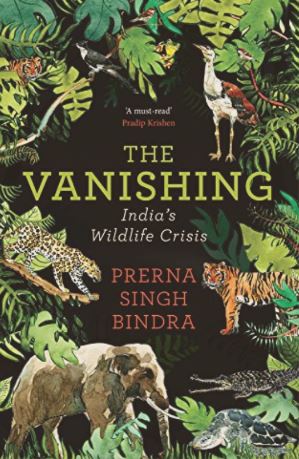
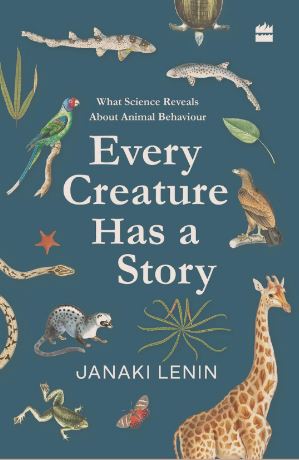

Have kids? Teach them how to be compassionate towards and respectful of all creatures. Encourage them to read books that focus on kindness towards animals, facilitate monitored engagements with animals in the right environments, present them with animal-themed colouring books, and speak to them gently about wildlife welfare.
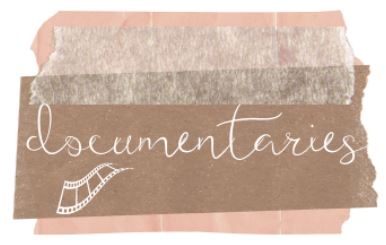
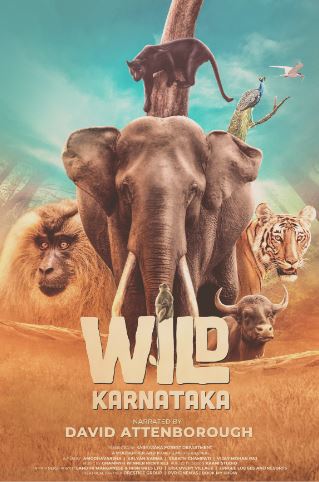
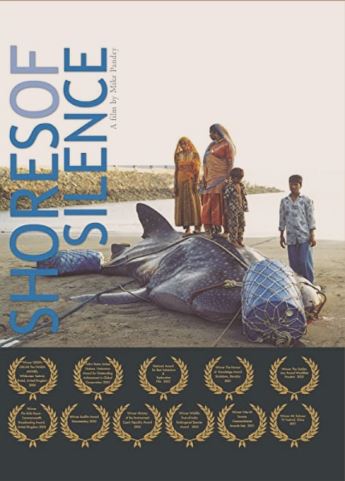

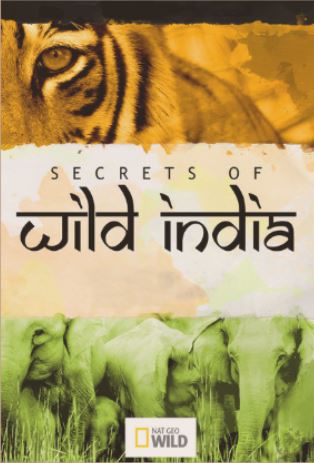


For adults, inculcate experiences for yourself, your family, your partner, your roommate, and your friends that centre around compassion towards animals – volunteer with animal shelters and urban wildlife rehab centres, foster or/and adopt animals (irrespective of the breed), feed strays and birds (you are within legal rights to do so), and reach out to local animal welfare groups to see how else you can help out.

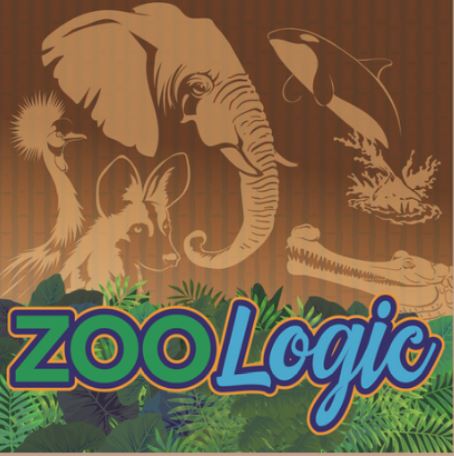
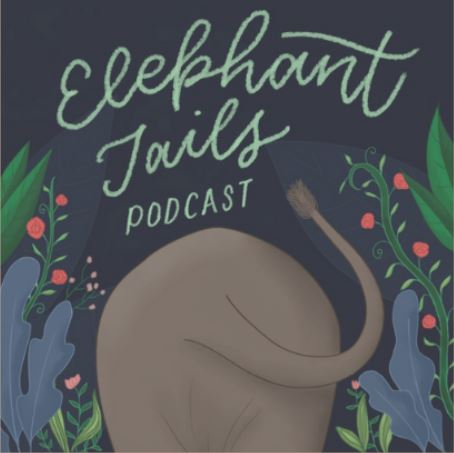
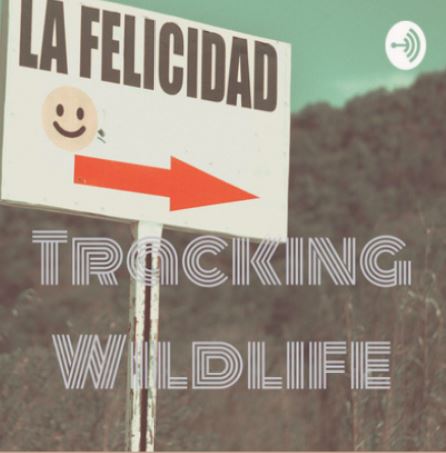
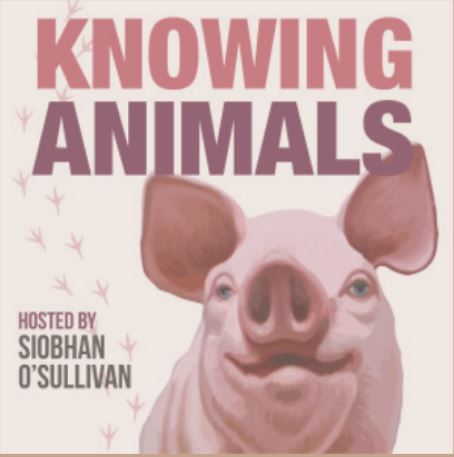
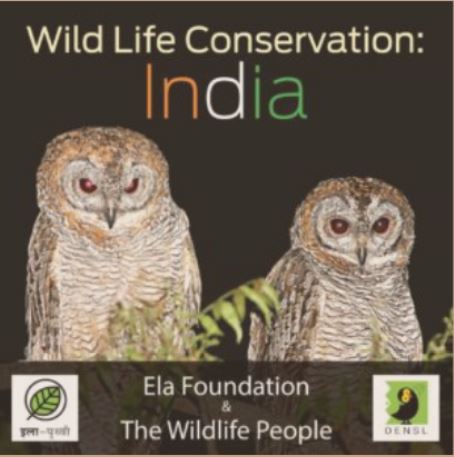

Become a champion for animals within and beyond borders by
Supporting animal welfare bodies
NGOs and shelters are working diligently for the cause of animals, including wildlife. They often require support – voluntary, monetary, and in-kind. Here are some organizations to support in Bangalore and in India.
As travellers, we can volunteer with not-for-profits or donate to them at nearly every destination. A few hours spent on local animal welfare only adds more joy to our travels, no? 🙂
Making ethical (and minimal) purchases
Animals are used as test subjects for anything from cosmetics and skincare to pharmaceuticals and cleaning products. These practices are horrendously cruel and cause the deaths of over 100 million animals each year—including mice, rats, frogs, dogs, cats, rabbits, hamsters, guinea pigs, monkeys, fish, and birds.
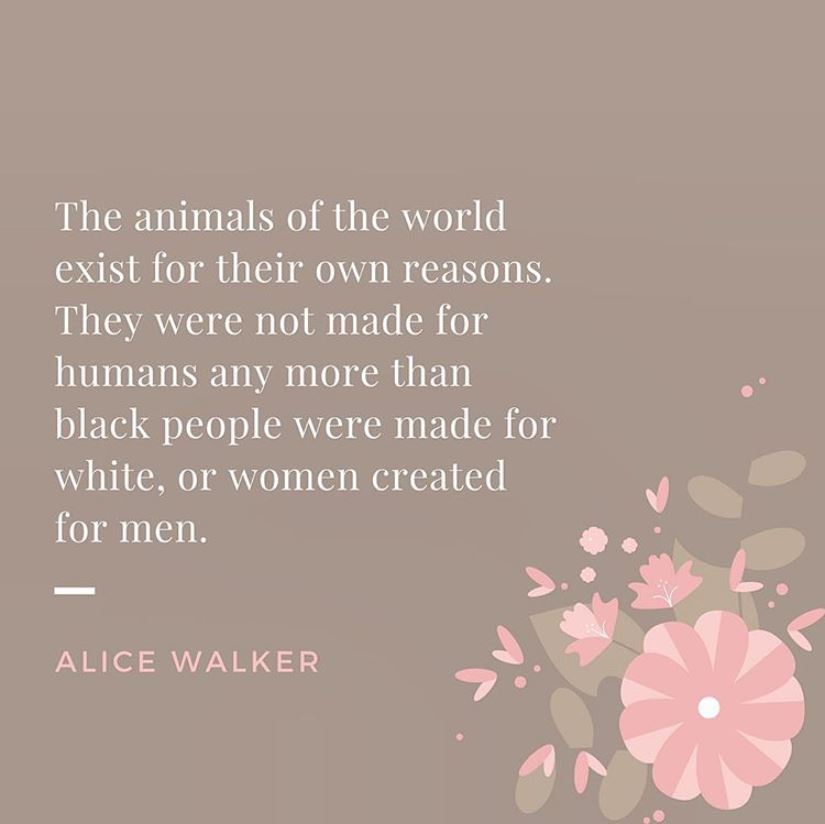
While India is at the forefront of drafting and implementing stringent anti-animal testing laws, it’s up to us as consumers to educate ourselves and make ethical purchases. A fall in demand for animal-tested products will cause corporations to re-look at and revise their testing policies. Going cruelty-free is not a fad, it is the need of the hour.
No matter where we travel, we need to keep a keen eye out for illegal wildlife trade. We are responsible for not purchasing such items, and reporting those engaging in the buying and selling of wildlife items to local authorities.
Going vegetarian or vegan
Is veganism reflective of our privilege? Yes. Should we go for it? Why not!
Exercising our privilege for the protection of the vulnerable is our duty. So, while we need to be mindful of communities who cannot afford to adopt veganism since meat is either their primary form of sustenance or livelihood, those of us with the privilege to opt for alternatives can freely adopt a vegetarian or vegan lifestyle.

Imperfect vegetarianism and veganism are better than none at all. Incorporating more veggies into our daily meals, trying out Meatless Mondays, and ditching dairy are easy ways to transition. Vegan eateries are mushrooming in many destinations across the globe. As Indians, ditching meat is easier because we don’t heavily depend on it; in fact, several staple meals that we enjoy are vegetarian/vegan!
Hold people accountable
While adhering to animal protection laws is our duty, enforcing them does not fall within the realms of our power as ordinary citizens. However, we can always educate others and bring incidents of these laws not being followed to the notice of relevant authorities. Being a snitch is good sometimes. 🙂
Call out people’s behaviours and actions, even if they are family. It may be uncomfortable for us, but for wildlife and other animals, our silence could be a death sentence.
A time comes when silence is betrayal.
Martin Luther King, Jr.
Also, while the locals responsible for the death of the elephant may be punished, we remember that Salman Khan and his cronies got away with the intentional killing of two Black Bucks. We need to hold our government, our heroes and the privileged accountable for their actions and inactions; justice is not reserved only for the common man.
Be patient
It’s not the death of the elephant that enrages us. It’s the manner in which she died – untimely, unnatural, cruel. While her death is tragic beyond comprehension, we cannot pinpoint a singular cause of her death because it is the product of the complex web and trickle-down effects of how our system functions. Over-population, over-consumption, encroachment of wildlife habitats, legal loopholes, lack of legal implementation and accountability, corruption, unplanned and unchecked development, usage of fossil fuels, and suppression of the needs and rights of local communities – all these factors work together to push wildlife out of their homes and into human settlements.
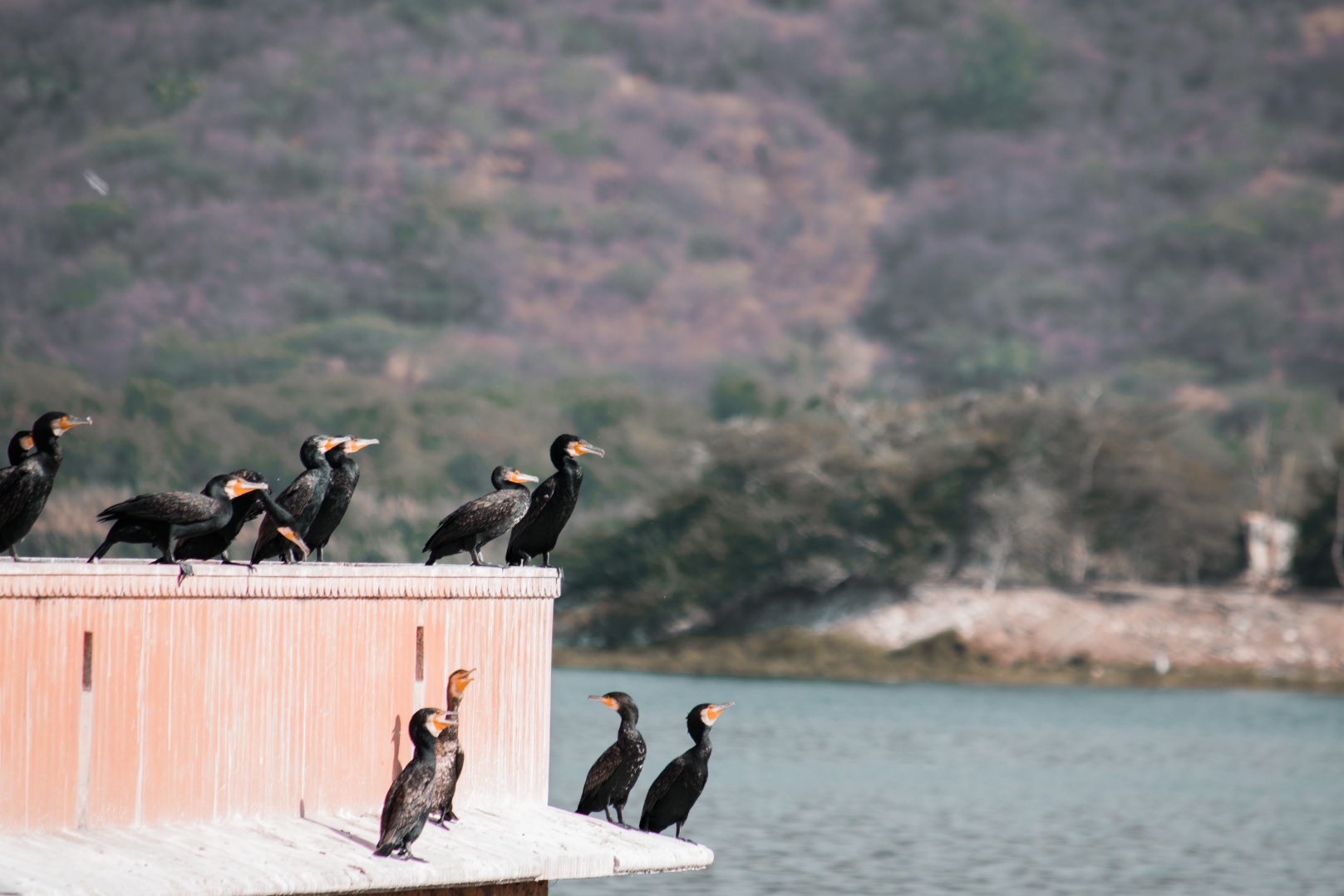
This development did not occur overnight. It took us years to get here, so how can we expect a systemic change with a single uproar? Patience is key – to uncovering the truth, leveraging powerful activism, and making and sustaining large-scale changes that will protect all who are vulnerable – the environment, wildlife, and communities.
We need to avoid
Politicizing and communalizing the death of the elephant
Not only does politicizing dilute the narrative of the cruelty meted out to the elephant and to other animals (intentional or otherwise), it speeds up the crumbling of the already-delicate communal relations within our country. Please avoid the bait laid out by politicians, media outlets and blind followers – let’s not play the blame game. Instead, let’s channel our anger towards driving meaningful change to ensure that her death won’t go in vain.
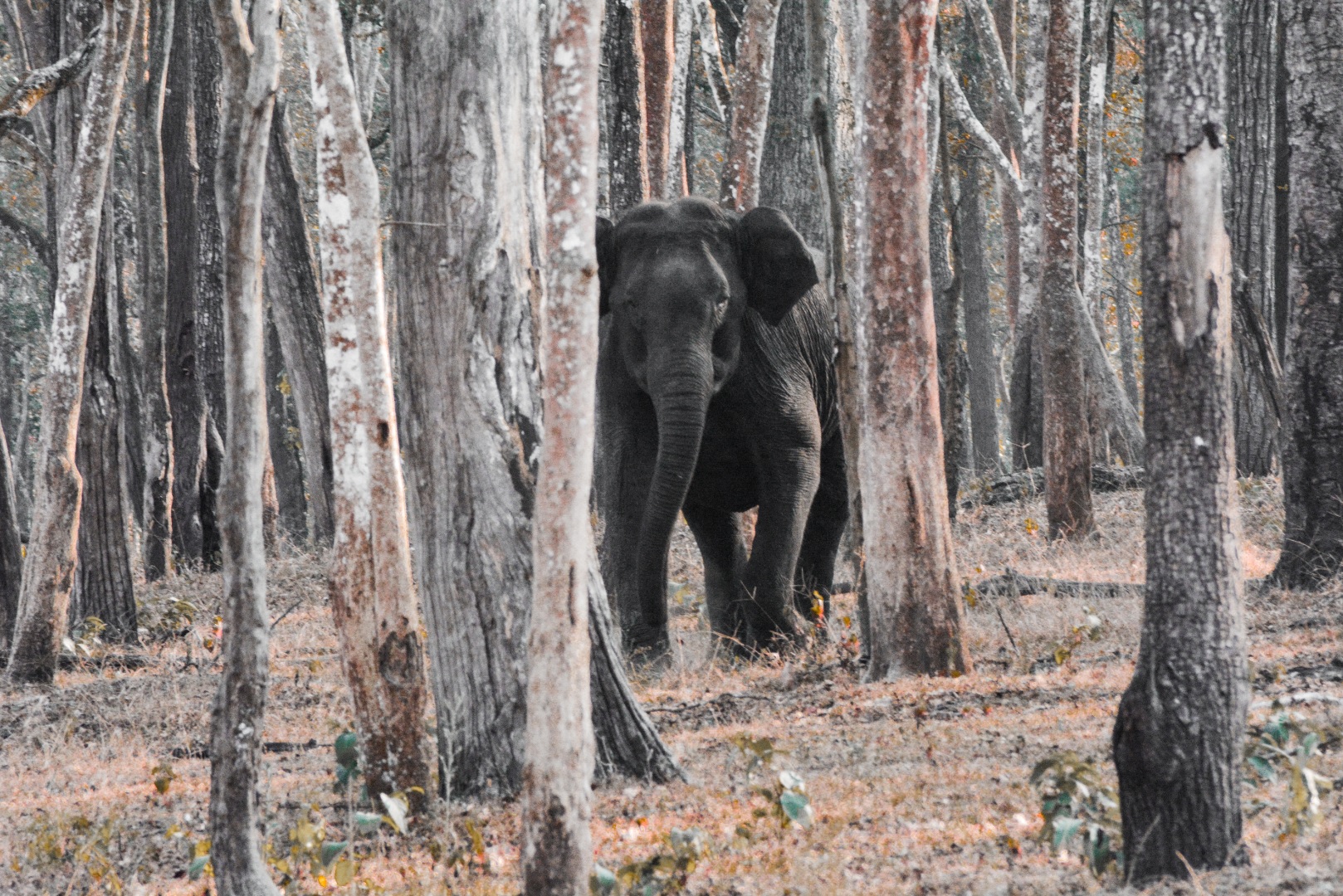
Fuelling demand for unethical animal tourism
According to World Animal Protection, wildlife tourism accounts for up to 40% of all tourism globally. Here’s another way of looking at this stat – over half a million wild animals suffer in unethical tourist attractions each year.
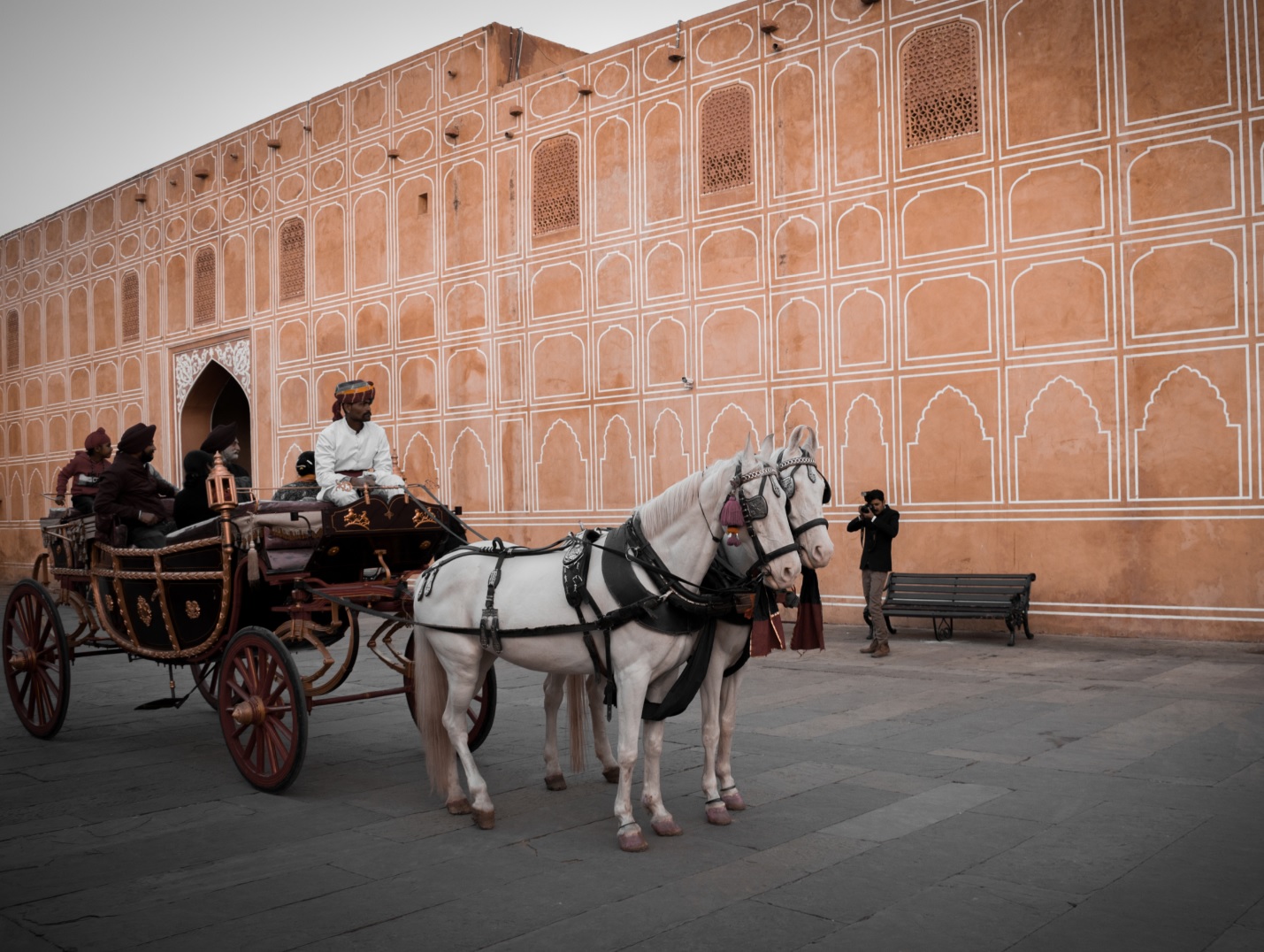
These animal experiences include – and this is in no way an exhaustive list – elephant rides and bathing, dolphin shows, dancing bears, donkey rides, snake charming, monkey handling, consuming Luwak coffee, whale watching, ostrich rides, lion walks, circuses and zoos, tiger temples and elephant temples, and even some sanctuaries!
I don’t believe that most people who participate in these experiences do so out of malice. Often, people do not have the necessary information which makes them eager to immerse themselves in peculiar experiences at the cost of the well-being of wildlife.
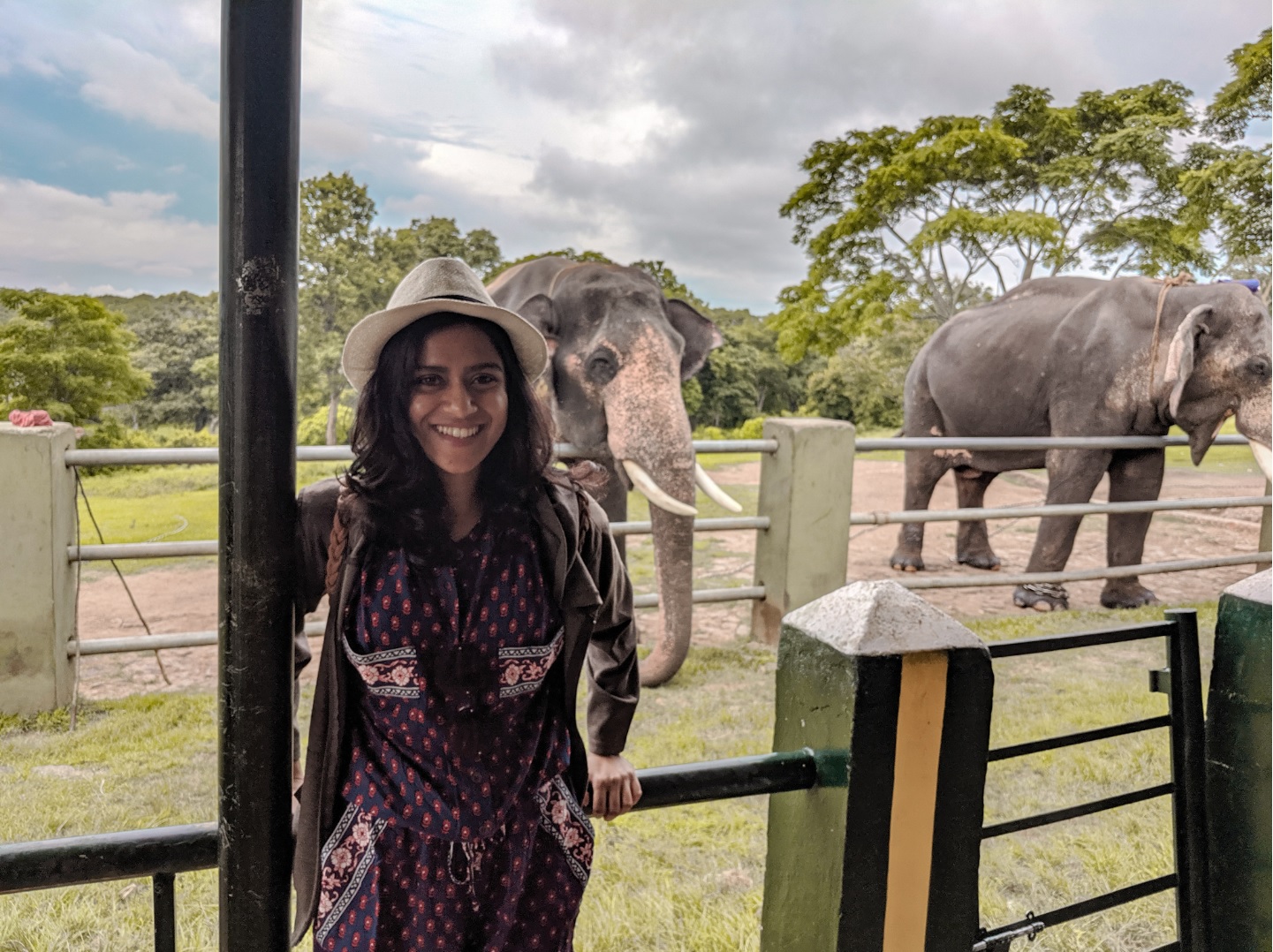
We need to educate ourselves on ethical animal tourism practices and conduct thorough research before considering an animal experience. There are plenty of ethical options to observe wildlife where they (and we) are safe in natural habitats, where respectful distance is maintained, and where interaction isn’t traumatizing.
Read: Suffering unseen – The dark truth behind wildlife tourism by National Geographic, and Unethical animal tourism and what to do instead by Brainy Backpackers.
For content creators: We need to stop creating material around, and glorifying cruel animal-tourism experiences that are purely for profit! No amount of shares, views, and click-throughs is worth the pain caused.

India has some of the most stringent animal protection and welfare laws across the globe, with their origins going back to early third century BC when Emperor Ashoka codified a law for wildlife and environment preservation.
Read: Wildlife conservation in India: Are we really serious? by National Herald and Wildlife Conservation Initiatives by Indian Government.
Yet, as citizens, we often fail to follow them and thereby fall short of our responsibility to protect the defenceless. In dealing with the disappointment that arises from our failure, we are quick to transfer the blame, our tempers flaring and fuelling our mob mentality.
But once the fire in us subsides, either with time or with distractions, what then? Where do we stand in our defence of the vulnerable?
Will we let the death of an elephant, once a topic of social-media frenzy, become a footnote in our wildlife protection efforts as we move on to the next socio-economic-politico-religious-ecological sensation? Will we allow her death and that of her unborn baby to go in vain?
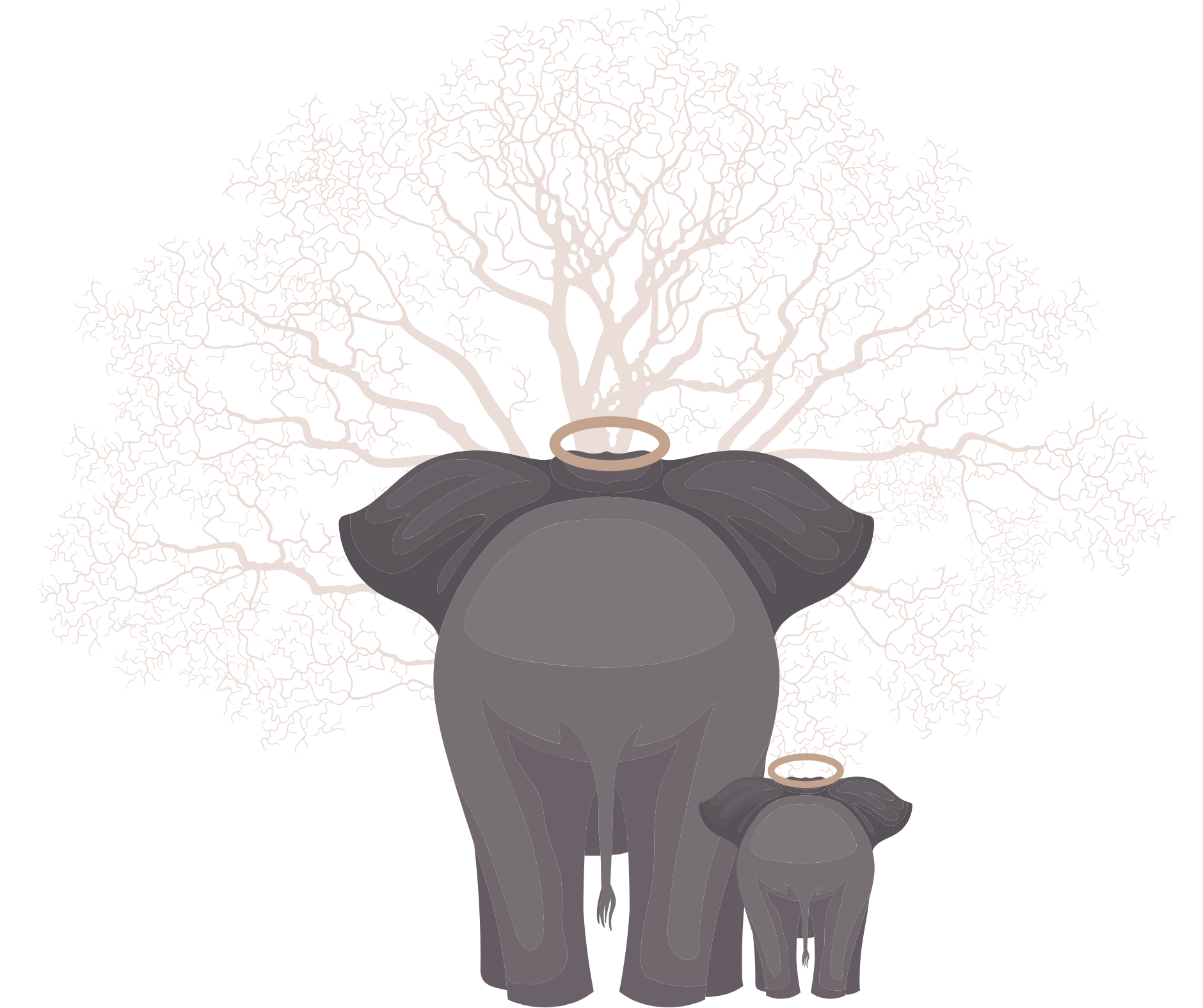

Disclaimer: This post contains affiliate links – if you make a purchase through these links, I may earn a small commission. This amount will go towards not-for-profit organizations that work towards wildlife conservation.

So well written, Niviya.. A lot of thought and research put into this.. Good stuff!!
Thank you, Peter!
Nivs, extremely well-written. This is a reality check for all of us. Thank you for inspiring and educating!
Keep them coming!
Thank you, Mervyn!
Your are getting better with each article. This is a highly researched and well put together article, which was the need of the hour.
When people around are blaming one another, you have made us look within and know that even we are responsible.
Thank you, Stephen!
“Why do you look at the speck of sawdust in your brother’s eye and pay no attention to the plank in your own eye?” – something we all need to do.
Thank you for sharing this article. Like you said, we have failed and have been failing as a whole. We need to change.
And change we will, one step at a time!
Very well written Niviya and really useful info!
Thank you, Deepak! 🙂